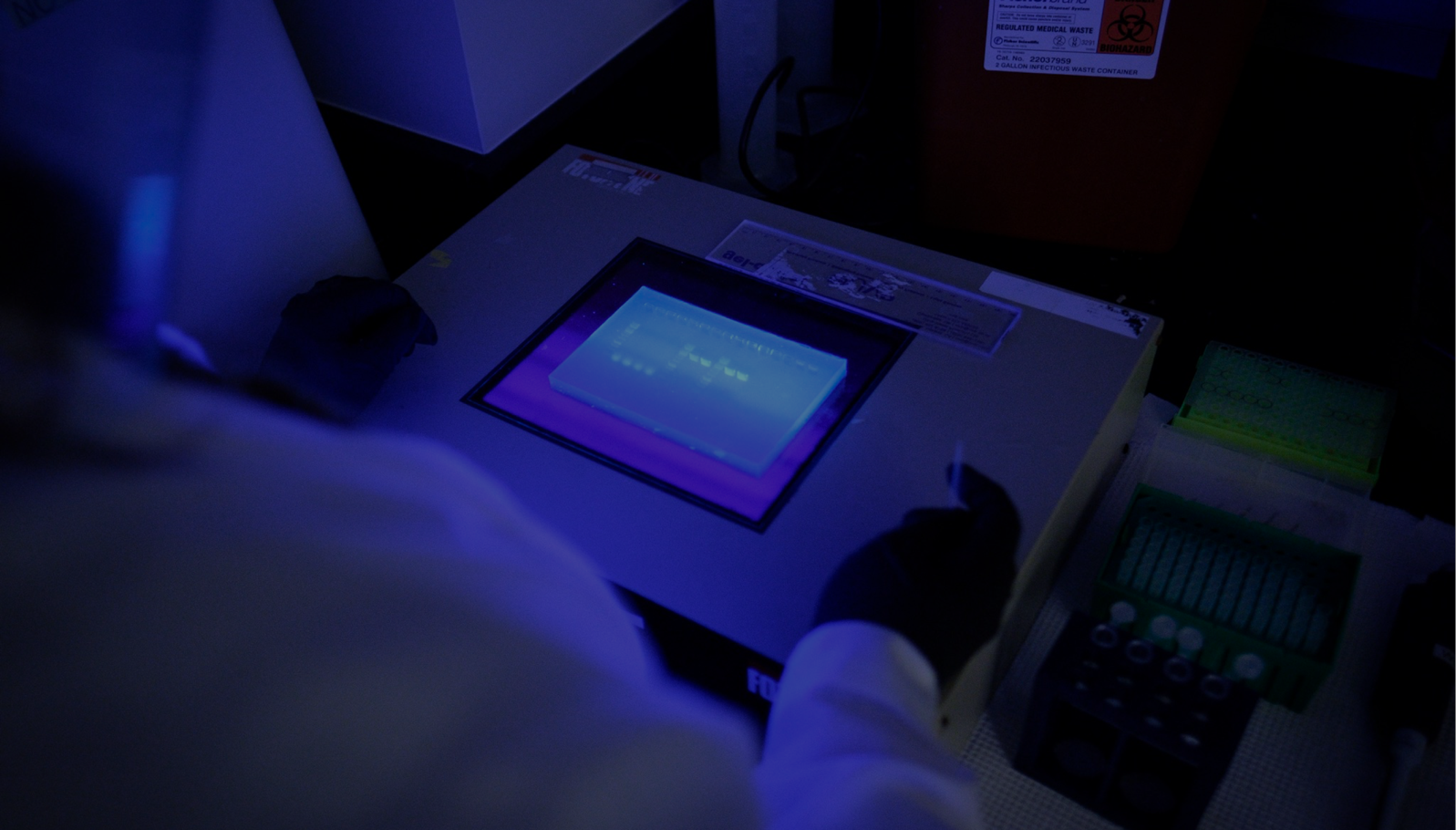Overview
The Murphy Lab focuses on human malaria infection. Human and animals can be protected against malaria sporozoites challenge by immunization with attenuated Plasmodium sporozoites.
The protective responses induced by these immunizations remain largely unknown because it is extremely difficult to simultaneously monitor responses against hundreds of potential antigens.
In collaboration with local and international collaborators, the Murphy Lab studies this complex poly-specific T cell repertoire induced by Plasmodium sporozoites using mouse models of malaria infection and novel high-throughput T cell screening technologies.
A major goal of this work is to identify protective antigens in mice, validate the orthologous antigens in human subjects and develop multi-component subunit vaccines that target the pre-erythrocytic stage of malaria infection. Such vaccines could accelerate the development of effective vaccines for the eradication of malaria.
The development of high-throughput tools for T cell antigen discovery would also have broad implications for other infectious and autoimmune diseases and our group is exploring several such possibilities.
The Murphy Lab also includes a clinical pathology group devoted to molecular diagnosis of malaria infections. This work supports malaria human challenge trials and allows for detection of malaria parasites in human blood up to 3-4 days earlier than by conventional blood smears.

Principal investigator
Diseases we study
- Babesiosis
- Chlamydial Infections
- Malaria
- Plasmodium/Malaria
- Regulatory Biomarker Qualification
- Theileria Parva



